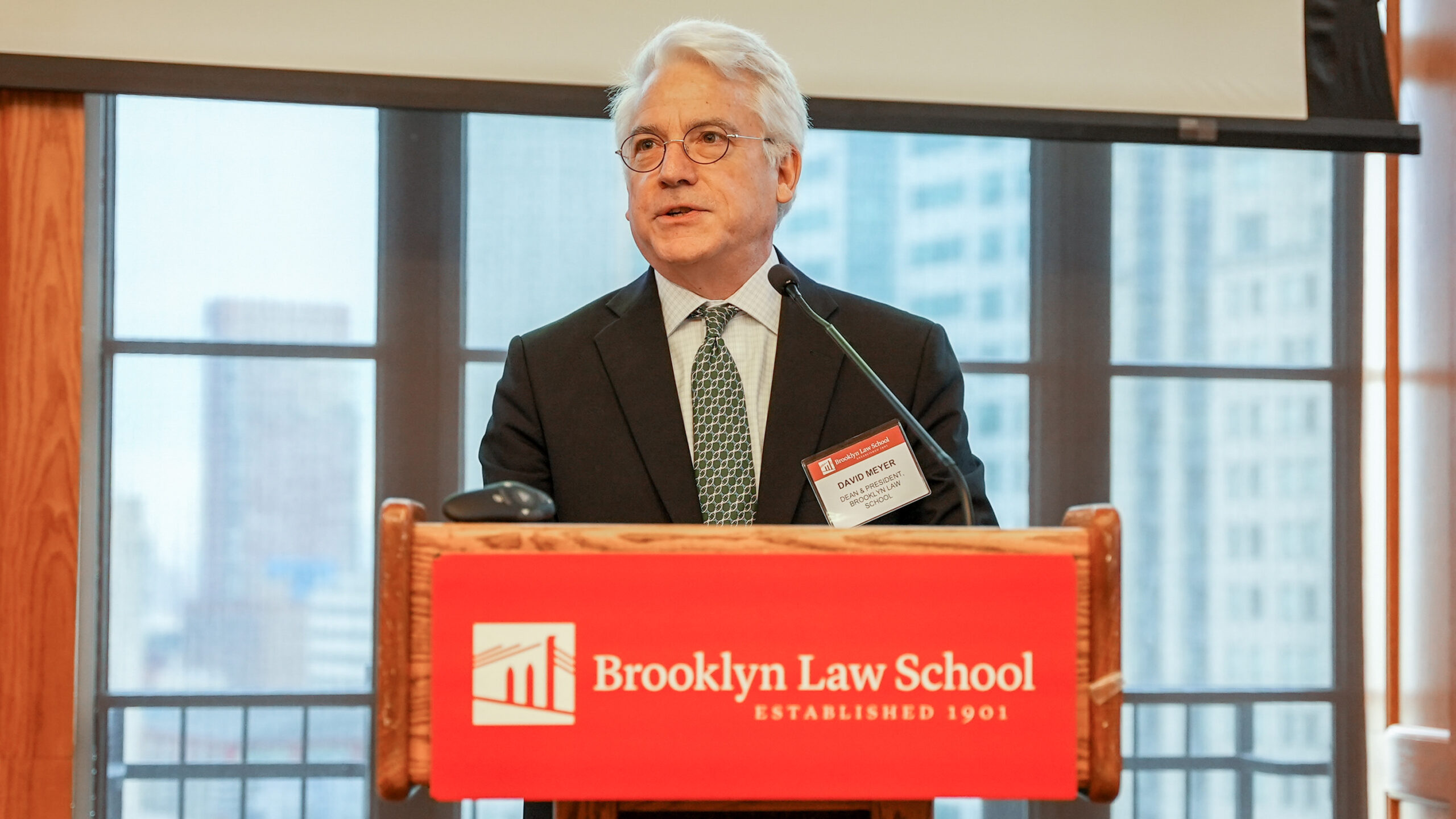Brooklyn Law School’s new era: Dean Meyer on leadership and legal education

Photo courtesy of Brooklyn Law School
David Meyer, the new president and dean of Brooklyn Law School, brings a wealth of experience and an innovative vision to his role. His appointment marks a significant moment in the school’s history, as he becomes the 10th dean since its founding in 1901.
Meyer, who previously served as the dean of Tulane Law School for 13 years, is recognized for his impressive tenure which ranked him as the seventh-longest-serving law school dean in the United States.
Meyer’s connection to Brooklyn Law School began in 2008 when he and his wife, Professor Amy Gajda, taught there as visiting professors. This experience left a lasting impact on them both professionally and personally, drawing them to the school’s inclusive mission and progressive ethos. Meyer’s teaching experience at Brooklyn Law School, particularly his interaction with students with diverse professional backgrounds, significantly influenced his decision to return.